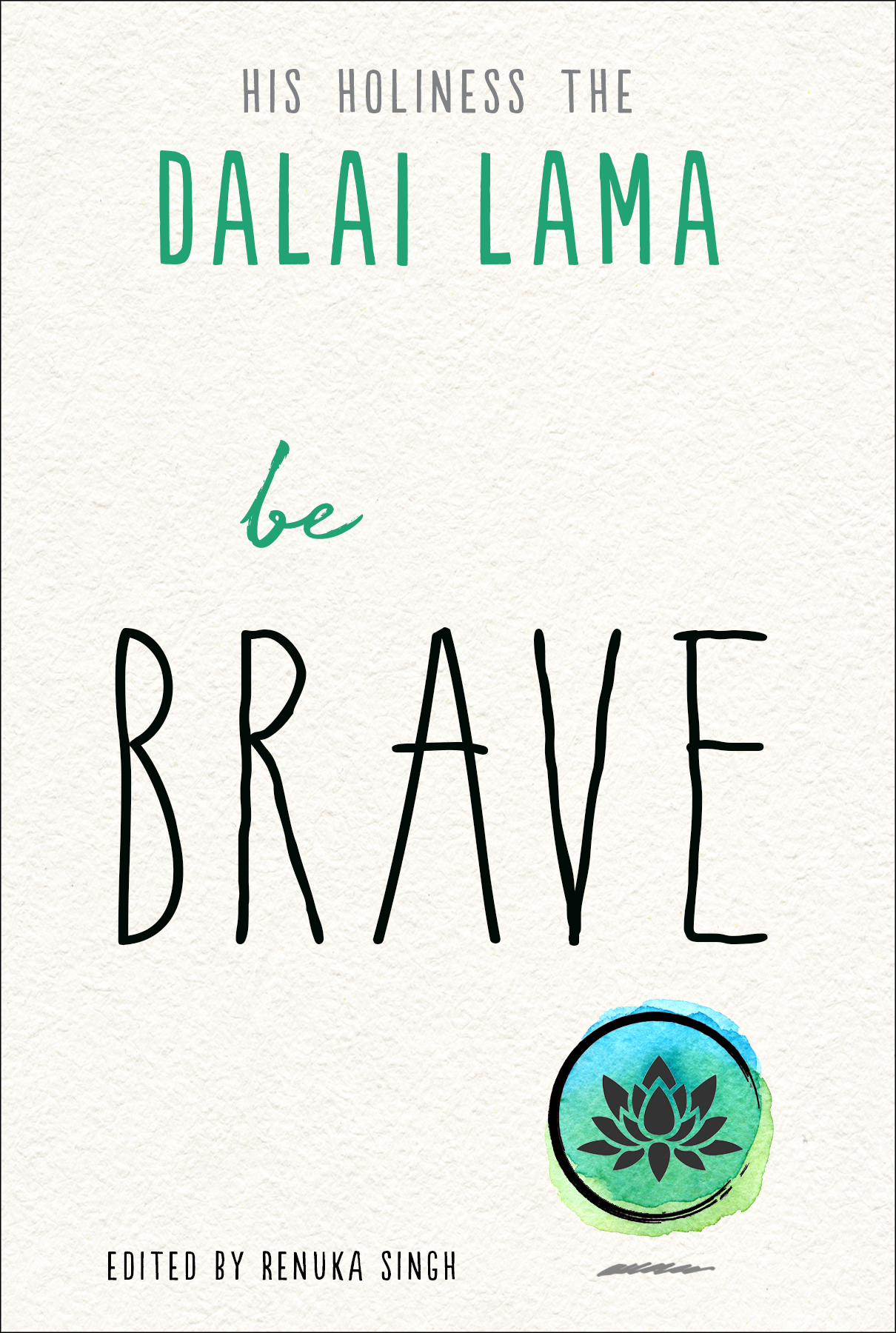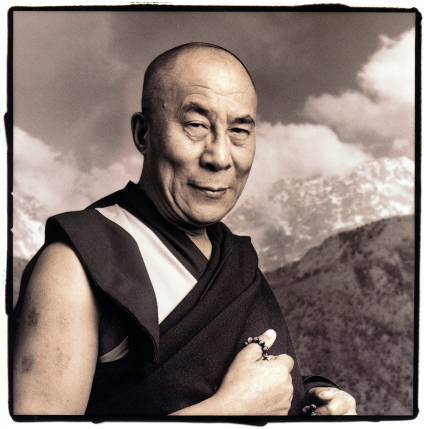
“We must think globally, but act locally.” —His Holiness the Dalai Lama Simple and accessible wisdom from His Holiness the Dalai Lama on how we are human, how we are not alone, and how we must help each other. A global pandemic has revealed to us how the world can be shaken up within a very short period. Such a crisis—experienced by all humans on the earth—has given rise to uncertainty, fear, anxiety, loneliness, and depression. As societies and nations struggle to come to terms with and contain it, economic breakdown, migration, environmental crises, and a dwindling spirit stare us in the face. In this climate, His Holiness the Dalai Lama is calling upon us to be brave—to have the courage to step up to the recognition that we are all part of the same global community. His Holiness reminds us that it takes courage to give up our self-centered sense of individuality; it takes courage to find a sense of oneness with seven billion human beings. Bravery is admitting that we are not alone, and that without community we cannot survive. In Be Brave, His Holiness the Dalai Lama teaches us that practicing compassion and cultivating peace of mind are the paths to inner strength, peace, clarity, and happiness.
Author

Jetsun Jamphel Ngawang Lobsang Yeshe Tenzin Gyatso (born Lhamo Döndrub), the 14th Dalai Lama, is a practicing member of the Gelug School of Tibetan Buddhism and is influential as a Nobel Peace Prize laureate, the world's most famous Buddhist monk, and the leader of the exiled Tibetan government in India. Tenzin Gyatso was the fifth of sixteen children born to a farming family. He was proclaimed the tulku (an Enlightened lama who has consciously decided to take rebirth) of the 13th Dalai Lama at the age of two. On 17 November 1950, at the age of 15, he was enthroned as Tibet's ruler. Thus he became Tibet's most important political ruler just one month after the People's Republic of China's invasion of Tibet on 7 October 1950. In 1954, he went to Beijing to attempt peace talks with Mao Zedong and other leaders of the PRC. These talks ultimately failed. After a failed uprising and the collapse of the Tibetan resistance movement in 1959, the Dalai Lama left for India, where he was active in establishing the Central Tibetan Administration (the Tibetan Government in Exile) and in seeking to preserve Tibetan culture and education among the thousands of refugees who accompanied him. Tenzin Gyatso is a charismatic figure and noted public speaker. This Dalai Lama is the first to travel to the West. There, he has helped to spread Buddhism and to promote the concepts of universal responsibility, secular ethics, and religious harmony. He was awarded the Nobel Peace Prize in 1989, honorary Canadian citizenship in 2006, and the United States Congressional Gold Medal on 17 October 2007.